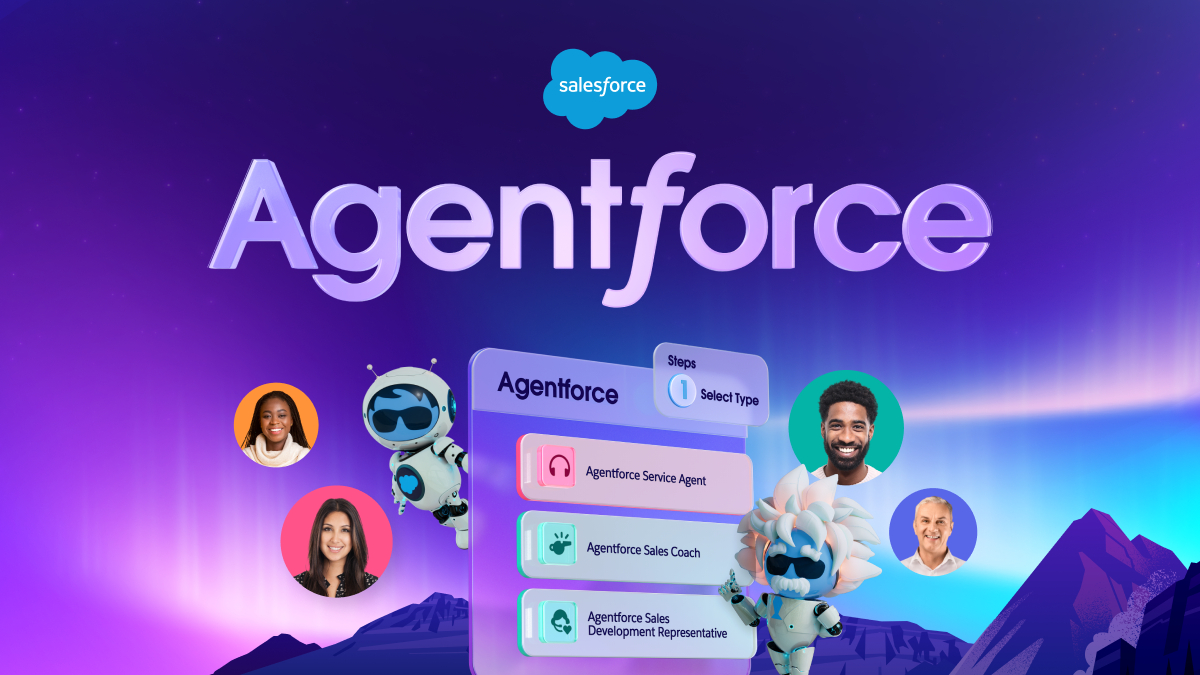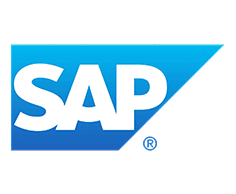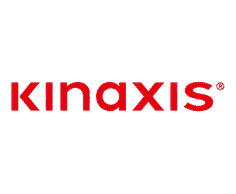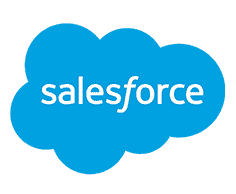How to structure business practices to bring the company closer to Its customers through CRM and Marketing Automation? Here’s the detailed answer to your question!
Our valuable contacts… all in the CRM.
A simplified definition of CRM (Customer Relationship Management) is as follows:
“A software system with a database that stores all our contacts.”
CRM therefore collects information about your current, past, and potential customers, the people in your organization, and your professional and personal contacts.
It is the single repository where you can access someone’s contact information and find it quickly and easily. CRMs have developed to meet our growing need and ability to collect, process, and manage a large amount of customer information through computer systems.
CRM information is used to trigger actions that are particularly useful for sales, such as follow-up calls and scheduling meetings with qualified contacts and customers.
 In essence, the primary goal of the CRM system is to manage the workflow. Through the sales funnel. The distinctive features of CRM mainly focus on customer and contact management, opportunity tracking, lead scoring, and organizing activities that are functional to sales.
In essence, the primary goal of the CRM system is to manage the workflow. Through the sales funnel. The distinctive features of CRM mainly focus on customer and contact management, opportunity tracking, lead scoring, and organizing activities that are functional to sales.
Storing, updating, and easily accessing customer information in a CRM makes it possible to get to know them optimally, develop better relationships with them, and consequently achieve a higher likelihood of profitability.
Maintain personal relationships… enhanced with Marketing Automation.
“Try to spend a lot of time talking face-to-face with customers. You’d be surprised to know how many companies don’t listen to their customers.”
Ross Perot, (American entrepreneur and politician)
With the advent of digital marketing, customer and contact information often flows through forms, emails, and landing pages.
When this information is fed into marketing automation platforms, it can trigger even highly complex activities in a completely automated way. Examples include email sequences and personalized web content.
The shift from personal knowledge of customers to knowledge through digital channels risks making the relationship with the customer more anonymous. The customer’s journey to conversion goes through search engines, campaigns, and social interactions without necessarily having had any personal contact. It becomes crucial, therefore, to collect, analyze, and use the traces and information left by your customers on their journey toward purchase (Customer Journey).

Customer relationships, originally personal and followed and nurtured with great expenditure of time and energy, are now managed almost automatically by marketing automation systems.
An evident example of this is the success of Amazon, which has combined the ability to collect personal information with the ability to track online behavior, creating highly impactful and effective sales strategies.
Now, marketing automation solutions make these strategies available to even the smallest businesses. Their use makes marketing efforts more effective and efficient, allowing the sales force to successfully close a greater number of opportunities by dealing with customers who are more ready to purchase.
The risk of an anonymous relationship is avoided by the action of marketing automation for a new marketing process capable of:
- Qualify visitors
- Group them into homogeneous groups based on market criteria
- Interacting with them promptly and appropriately
- Communicate offers in a personalized way.
CRM e Marketing Automation ⇒ 1+1=3

Marketing automation is ideal for achieving fast, cost-effective, and efficient marketing processes; however, its function remains partial if it is not integrated with your customer relationship management (CRM) system.
The integration of CRM and Marketing Automation will enable the bidirectional exchange of information between marketing and sales, ensuring timely, relevant, and personalized communication. The continuous exchange and sharing of information between marketing and sales will make campaigns more effective and improve their ROI (Return On Investment).
The bidirectionality of data exchanges between CRM and Marketing Automation is the foundation of a marketing-sales process oriented towards success:
- For example, if you intend to collect data on your visitors via a contact form embedded in your website through the M.A. platform, the information submitted by the contact through the form will be immediately notified and recorded in your CRM.
- Conversely, updates that the business teams make on the CRM regarding customers and prospects are synchronized in real-time on the M.A. platform, ensuring data consistency across both systems.
 The benefits of CRM and Marketing Automation integration
The benefits of CRM and Marketing Automation integration
- Conflicts and inefficiency in the collaboration between sales and marketing teams disappear because they can operate as a single team, with common goals and all shared information: the sales team will be responsible for the return on investment of marketing campaigns, while marketing will be accountable for the results achieved by the sales team.
- Communication with contacts, customers, prospects, or visitors will always be consistent, timely, and personalized, whether the current process is marketing or sales.
- Better results, as the M.A. action will accelerate and make the customer journey towards conversion to purchase smoother. The sales team members will know when it’s time to contact a lead, as the system will inform them of how ‘hot’ the lead is.
- Always transparent processes, because the rules defining the qualification of a contact are known, objective, and shared.
- There is no need for feedback from sales to marketing, as they are a combined unit and the necessary insights will be reflected on the same platform.
The combination of marketing and sales becomes a smart option for companies looking to get the most out of every penny spent on them and to deliver the highest value to their customers.
CRM and Marketing Automation: the Salesforce+Pardot solution

The benefits of CRM and Marketing Automation integration don’t end here!
The Salesforce+Pardot solution, one of the most widely used integrated CRM and Marketing Automation platforms, is also accessible to smaller businesses with sustainable investments.
For those who want to learn more about how to manage customer relationships effectively with CRM and marketing automation, the recommendation is to read our post “Marketing automation: what it is and which tools are useful for your business.”










